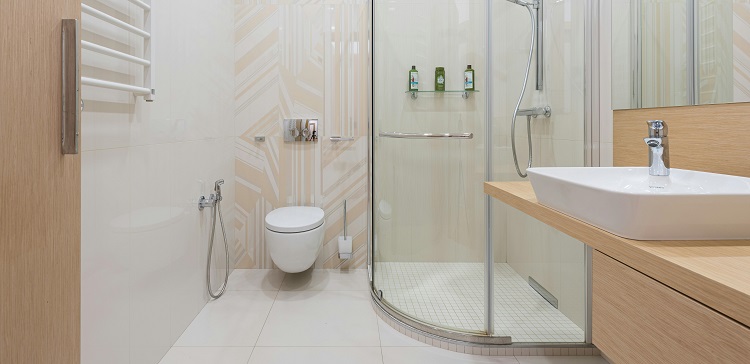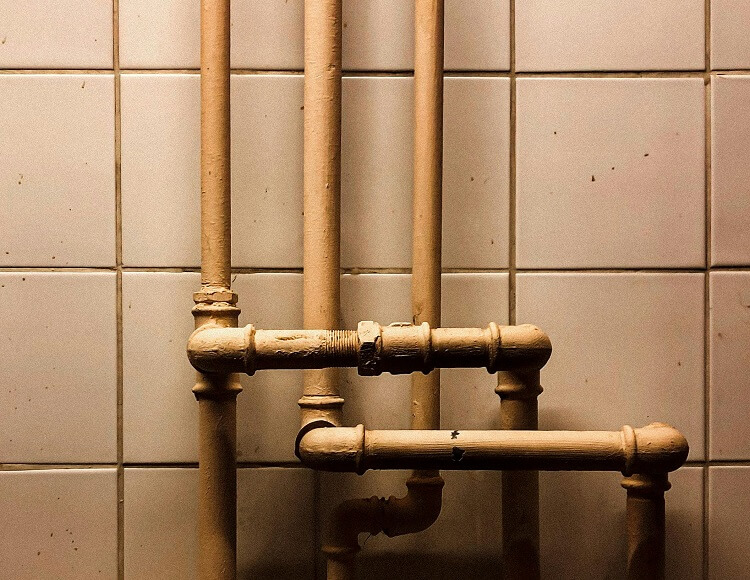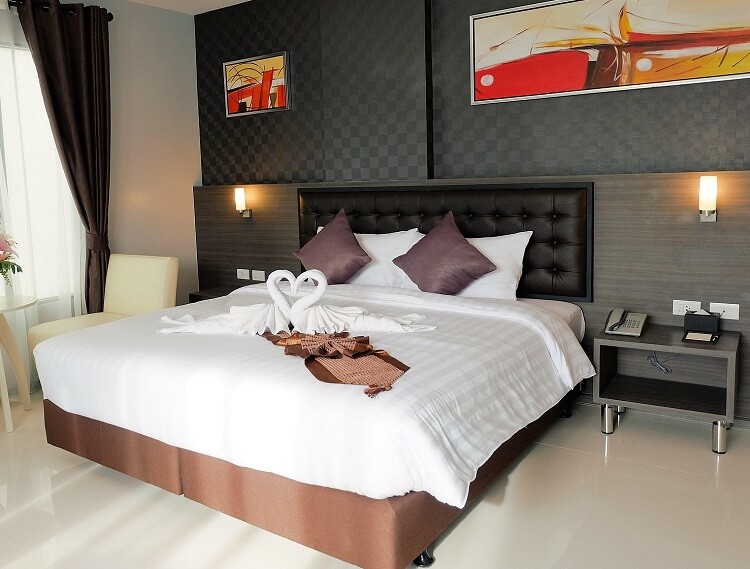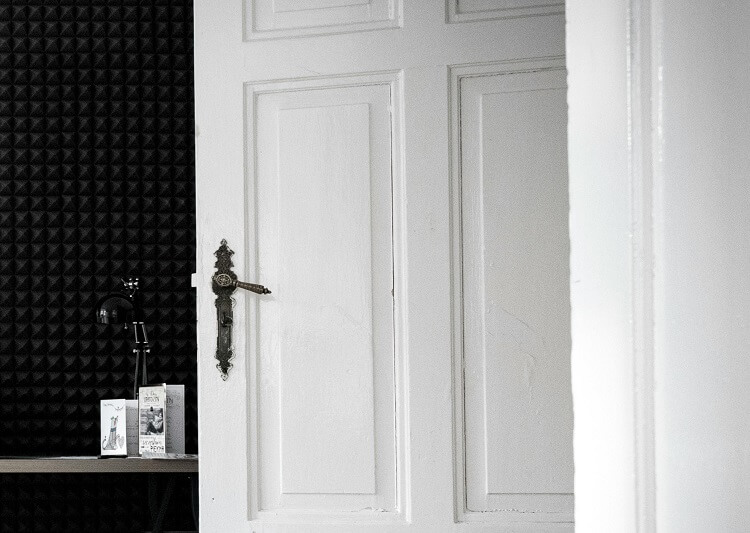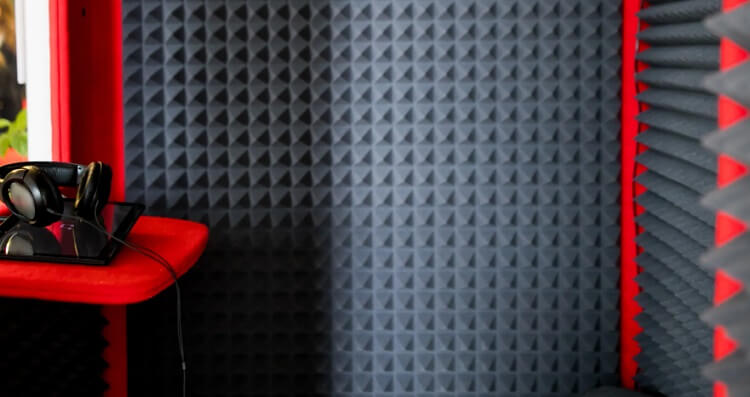
Noise pollution is a growing concern, especially in urban areas where traffic, neighbors, and construction create constant disturbances. According to the Environmental Protection Agency (EPA), prolonged exposure to noise above 70 dB can cause stress, sleep disruption, and even hearing damage.
Smart soundproofing devices offer AI-driven noise cancellation, adaptive sound masking, and smart home integration to provide a customized, efficient, and cost-effective solution. Unlike traditional methods, which rely on dense materials to block sound, smart solutions use real-time noise adaptation to cancel unwanted sounds dynamically.
Some of the most common groups that benefit from smart soundproofing include apartment dwellers who need to block out noisy neighbors and hallway echoes, homeowners living near highways who want to reduce traffic noise, remote workers looking to minimize distractions from household sounds, parents aiming to create a quieter sleeping environment for their children, and home theater enthusiasts who want to improve audio clarity while preventing sound leakage.
Choosing the right soundproofing technology depends on room type, noise sources, and budget.
How Smart Soundproofing Works
Passive vs. Active Soundproofing
Traditional (passive) soundproofing relies on insulation, dense materials, and structural modifications to block sound, whereas smart (active) soundproofing neutralizes noise in real-time using AI-powered algorithms.
Passive solutions include acoustic foam, mass-loaded vinyl, and insulated walls, typically reducing noise by 20 to 40 dB. Active soundproofing uses AI-driven noise cancellation and adaptive sound masking to achieve a reduction of 30 to 60 dB. Passive soundproofing is best for permanent installations such as walls, doors, and ceilings, while active solutions work well in open spaces, home offices, and dynamic environments.
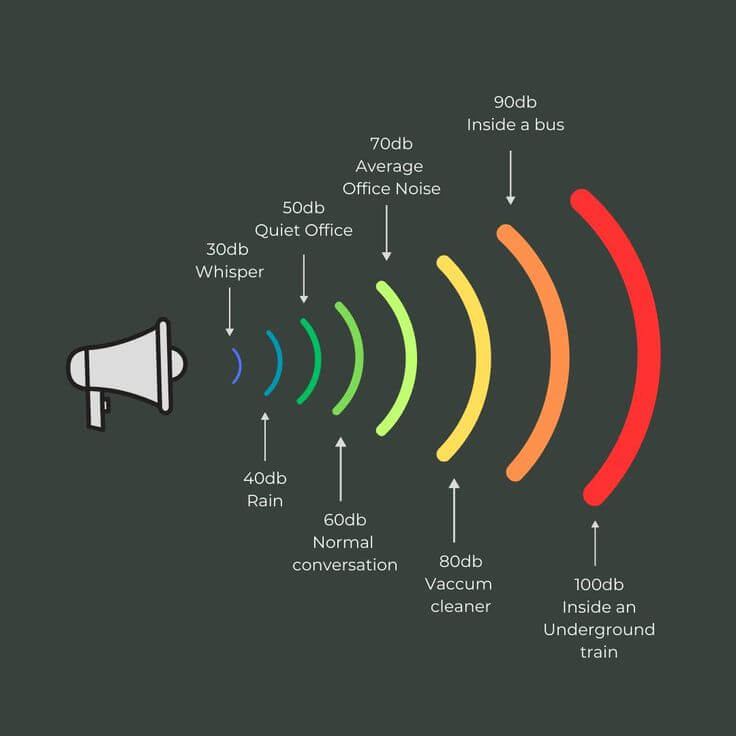
Technical Breakdown: AI-Powered Noise Control
Smart noise-canceling technology uses three main methods. Active Noise Control (ANC) captures sound waves via built-in microphones and generates an inverse sound wave to cancel noise. Adaptive Sound Masking uses AI to monitor background noise and adjust white noise levels dynamically. Smart Home Integration allows users to connect soundproofing systems with Alexa, Google Home, or Apple HomeKit for automated control.
Studies have shown the effectiveness of these technologies. Sono Smart Panels reduce mid-frequency noise (500–2000 Hz) by 50 percent, making them particularly effective for human voices, music, and traffic sounds. A 2023 MIT study found that AI-powered soundproofing reduced background noise in apartments by 40 percent more than traditional foam panels.
Top Smart Soundproofing Devices for Homes
1 Smart Noise-Canceling Panels
AI-powered acoustic panels dynamically adjust to absorb or cancel noise. Sono Smart Panels reduce mid-frequency noise by 50 percent and integrate with Alexa for voice control, making them ideal for home offices and apartments. Echotone AI Panels provide broad-spectrum noise reduction of up to 60 percent, use eco-friendly materials, and incorporate machine learning to optimize performance for home studios and bedrooms.
2 Smart White Noise Machines
White noise machines mask disruptive sounds, improving sleep and focus. LectroFan Evo features 20 different noise profiles and is particularly effective in bedrooms and nurseries. SNOOZ Smart offers real fan noise, adaptive AI, and integration with Alexa and Google, making it a strong choice for home offices and sleep improvement. According to the National Sleep Foundation, white noise improves sleep quality by 38 percent in noisy environments.
3 Soundproof Smart Curtains & Blinds
Smart curtains reduce outside noise by 30 to 40 percent, according to the Acoustic Society of America. Moondream Soundproof Curtains use triple-layer acoustic fabric to block sound and also improve thermal insulation. SwitchBot Smart Blinds provide noise reduction and light control, with full compatibility with Alexa and Google Home, making them ideal for bedrooms and offices.
4 Noise-Canceling Smart Windows
Double-pane smart glass significantly reduces noise while also providing UV protection and thermal insulation. Sonitus Glass achieves a noise reduction of over 50 percent and features smart tinting capabilities. View Smart Windows reduce noise by 40 percent and are designed for apartments and commercial spaces. A Harvard Building Tech Report found that double-pane smart glass reduces noise by 48 percent compared to single-pane windows.
5 Smart Door Seals & Soundproofing Kits
Door gaps are responsible for up to 40 percent of noise leakage, making sealing essential for effective soundproofing. SmartSweep Automatic Door Seal features motion-activated adjustments and reduces noise by 50 percent. WeatherTech Acoustic Strips use dense rubber material and are easy to install, achieving a noise reduction of 45 percent in entry doors and apartment spaces.
6 Smart Acoustic Foam & Wall Panels
Adaptive acoustic foam adjusts its density to optimize noise reduction. Sonitus AI Foam dynamically adapts to room acoustics and is ideal for home theaters and gaming rooms. EchoBlock Smart Panels offer self-adjusting density for optimal absorption, making them well-suited for offices and shared walls.
7 Smart Sound Masking Systems
AI-powered sound masking dynamically adjusts to background noise. Cambridge QtPro uses machine learning to create optimized sound masking for offices and workspaces. BabbleLabs Smart Noise Masking adapts AI filters to block distractions, making it ideal for home calls and podcast recordings. A Stanford AI Lab case study showed that AI-powered sound masking improved focus by 32 percent in open workspaces.
Cost Analysis: Smart vs. Traditional Soundproofing
Smart soundproofing solutions typically cost between $100 and $800, providing a noise reduction of 30 to 60 dB with automation features that improve long-term savings. Traditional soundproofing methods range from $300 to $3,000, offering 20 to 50 dB of reduction but often requiring costly maintenance and installation.
Long-term savings also factor into the decision. Smart soundproofing improves insulation, reducing energy costs and cutting heating and cooling expenses by up to 20 percent annually.
Smart Soundproofing for Different Living Situations
Renters can benefit from removable solutions such as smart curtains, white noise machines, and adhesive-based smart acoustic panels, which do not require permanent modifications. Homeowners looking for cost-effective solutions can invest in weatherstripping, smart door seals, and AI-powered panels. For home offices, an effective budget-friendly setup includes a white noise machine combined with weatherstripping. For more comprehensive noise control, smart panels and adaptive sound masking can be added.
DIY Smart Soundproofing Tips
Homeowners and renters can improve soundproofing by combining multiple techniques. Layering smart soundproofing solutions, such as using acoustic panels along with curtains and noise machines, enhances effectiveness. Sealing gaps under doors with automatic door sweeps reduces sound leaks. Installing noise-reducing window films offers a cost-effective alternative to smart windows.
Future Trends in Smart Soundproofing
AI-driven real-time noise cancellation is advancing, with next-generation algorithms providing more precise noise filtering. Self-adjusting acoustic materials are being developed to dynamically shift their density to adapt to changing sound frequencies. Smart soundproofing is also integrating with wellness technology, with future systems expected to sync with sleep trackers and stress monitors to create personalized noise environments.
One emerging trend is the development of soundproofing materials that use nanotechnology to absorb sound more efficiently while remaining lightweight and easy to install. Research into smart home automation is also leading to soundproofing solutions that automatically adjust based on user activity, further optimizing the home environment.
Conclusion
Smart soundproofing devices offer superior noise control by using AI-driven noise cancellation, adaptive sound masking, and smart home integration. The best solution depends on budget, room type, and noise source. Budget-conscious consumers can opt for white noise machines and smart curtains, while renters can use removable acoustic panels and smart door seals. Premium soundproofing options include noise-canceling windows and AI-driven sound masking systems.
Investing in smart soundproofing ensures a quieter, more comfortable home while also improving energy efficiency and overall well-being.

